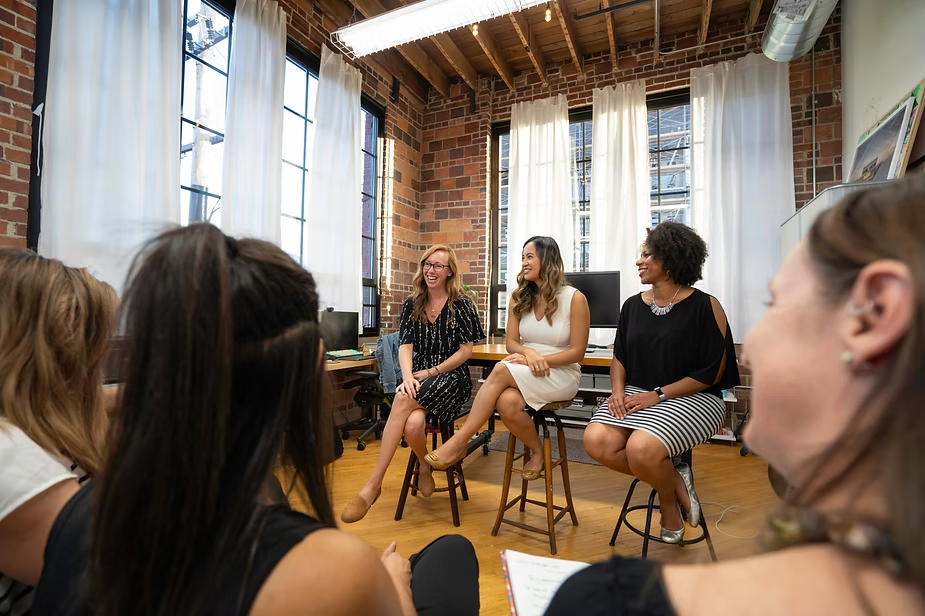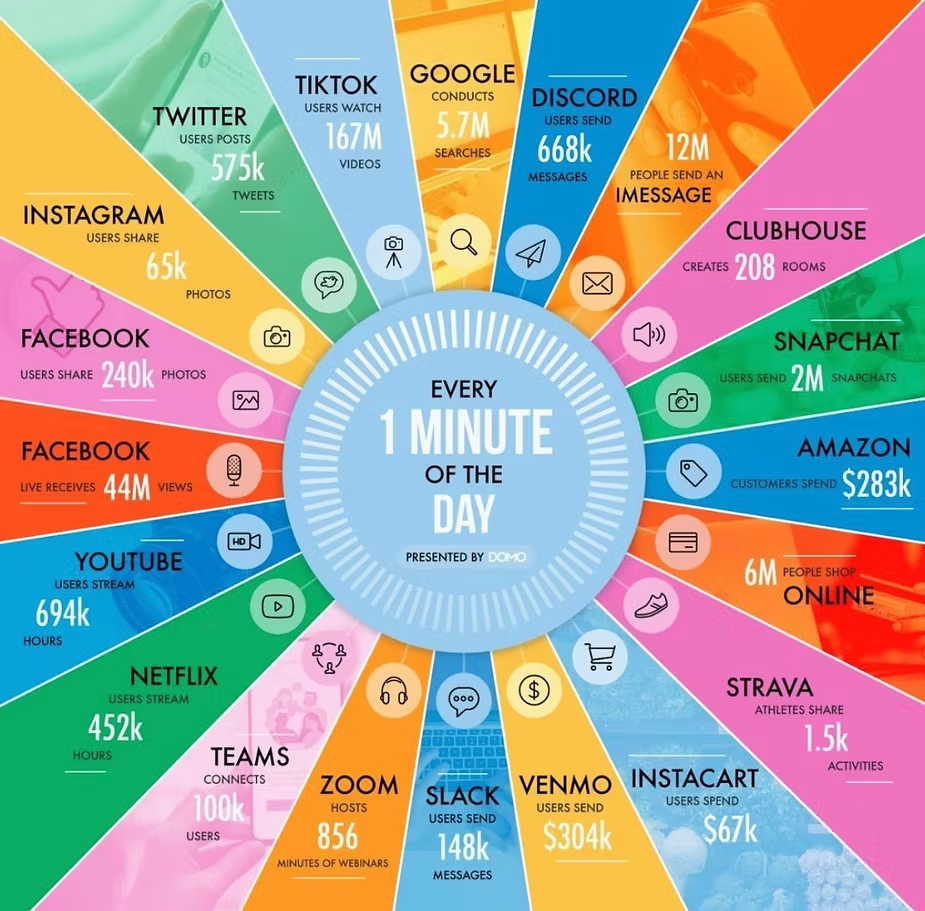
It’s easy to look around and surmise that the world is up and running again, as if the last 18 months of navigating a pandemic may have in fact been some surreal collective nightmare that we’ve all now woken from.
Indeed, aside from a remaining demographic respectfully wearing masks on public transport and during their weekly supermarket shop, one could say it’s truly a relief to see town centres bustling again, small independent businesses re-opening their doors, families reunited and of course, children back at school – we will NOT miss the homeschooling!
The truth is though, we are not “back to normal” if there ever was such a thing. We’re not even close, not really. We’re not even in the “new normal”. We are in fact all of us in recovery.
We’re stunned and probably still in shock. We may have lost loved ones, lost jobs, friendships, relationships. Chances are we’ve experienced financial hardship or, at the very least, financial uncertainty. We’ve watched our external world become a vision of businesses closing, children learning at home from parents and carers who already have enough plates to spin, people adapting to working from home, the NHS falling deeper into an abyss of overwhelm and staff and bed shortage, lost our daily routines. We may have even gained a few pounds!
How does this affect our confidence to attend live events again?
Event sales are still recovering post lockdown. Sure, the large events and festivals are gaining traction once more but small business events are far from back on par. People are anxious and prioritising their time, finances, and risk of exposure to Covid-19. As one of my members recently said “this is the last event I’m attending then I’m going nowhere before my holiday next Friday, because I don’t want to risk getting Covid”. This is a consideration many are taking, as well as managing a smaller disposable income, and weighing up who and what is more deserving of their time, something we can all now fully appreciate is precious.
We need to reacclimatise to face to face conversation.
I don’t think I speak out of turn when I suggest, on behalf of the British population, there was an initial sigh of relief when lockdown was first announced! The more introverted among us delighted in erasing all social engagements from the calendar, allowing more inward time to recharge, and move at a slower pace. But just as with any other skils, there’s a sense of “use it or lose it”. Conversation is indeed a skill and after an extended period in isolation it’s no wonder there’s no hurry to resocialise. In the same way we must talk ourselves into returning to the gym after a sabbatical, we too must gee ourselves up and train those talking muscles to become the social butterflies again that we once were. Return is inevitable though, and the sooner you physically get in front of people talking about your business, the more thankful you’ll be that you grabbed an early opportunity to reassure your potential clients face to face.
Screen fatigue is preventing your promotions from gaining attention.
The image below (source credit: unknown) is a startling eye opener to how much online activity occurs in just one minute. Is it any wonder then, that our digital marketing efforts are not pulling in the interest they once were? The truth is, the internet was our best friend in lockdown and certainly used for pretty much every daily need. Staying in touch with family, conducting meetings, ordering food shopping and almost every other retail product known to person. Our entertainment was all online, streaming movies, playing online quizes with family and friends and of course, albeit everyone loathes to admit, watching the increasing fallout on social media – akin to “car crash TV” – with everyone having an expert opinion on government policy, particularly around vaccinations. So essentially we’ve become a zombiefied species, staring at screens passively, doomscrolling. Looking at everything and taking in nothing. Relying solely on promoting your business or networking online and not in real time is almost as effective as trying to spoon feed a baby with a dummy in their mouth.

People still by from people, and more so now.
People are ready to reconnect and want to establish trust with the outside world again. The aforementioned social media activity has bred an astounding rise in conspiracy theories and lack of trust in institutions and businesses. When we’re continually questioning the validity of latest news stories, and seeing an uprising in damning online reviews and testimonials for businesses we might otherwise trust, we are learning more and more to depend on the one decision maker that lets us down the least; our gut instinct. And for this instinct to kick in, we need to be people facing. E-communication in any form cannot fully convey the energy and sensory experience that we have in person. Our communication is 7% verbal, 38% tonality and 55% body language* and its the nuances in all of these that our subconscious uses to decide who we trust, and essentially, who we choose to buy from. Nuances which are only fully noticed if we’re in the physical company of whom we’re communicating with.
We’re communal beings who function better together.
We need collective real time physical energy for forging new ideas, receiving advice and new perspectives, welcoming feedback and forming collaborations. The desire for human interaction in business is why freelancers are seeking out more coworking opportunities, so much so that flexible coworking real estate is one of the fastest growing sectors in the last few years. Towards the end of 2019, flexible workspace accounted for 60 million square feet in the UK, and since the pandemic, flexible workplace supply growth has risen 21%**
The hospitality sector needs you!
Attending real time events is a benefit to you, to the event hosts and to the wider hospitality industry as a whole. Never has there been a better time to socialise, network and enjoy a glass of wine whilst proudly proclaimiing that you’re doing your bit to support local businesses and the regrowth of economy in the hospitality and events sector. Go you!
Much, much brighter times ahead
The future of live events is promising, exciting, and you’ll want to make sure you don’t get left behind whilst, understandably, ensuring you’ve got a good handle on your wellbeing and don’t overdo it. It would make sense to plan in your calendar, a light commitment to attend x events per month and see how that feels, with a view to adjust accordingly as you go. If you feel anxiety around the protocols adopted by the event hosts for the management of Covid-19 you can do your due diligence beforehand. Check their event listings for their policy. If you’re interested to know more about the measures that should be taken at events, The Purple Guide has added a Covid-19 section, and you can also check out my blog; 23 Considerations for your post covid events.
There’s no denying that lockdown has been difficult, and now really is the time to seek out joy, relationships and jolly good times. Getting back out in the world, even for your business should be pleasurable and fun. We all have an amazing opportunity to make a positive impression on others, encourage happiness all round and spread a great deal of goodness and kindness which will have a bigger impact now than ever. This is a golden time for you to get out there, show your face, and make a wonderfully memorable difference to the world!
If you’re a women in business, in the southeast, UK, then check out our regular events here at Co-Women. Stay updated by signing up for our newsletter and follow Co-Women on Eventbrite.
*”Professor Mehrabian combined the statistical results of the two studies and came up with the now famous—and famously misused—rule that communication is only 7 percent verbal and 93 percent non-verbal. The non-verbal component was made up of body language (55 percent) and tone of voice (38 percent).” www.ubiquity.acm.org
**https://allwork.space/2021/03/coworking-is-the-new-normal-and-these-stats-prove-itt/

Comments are closed